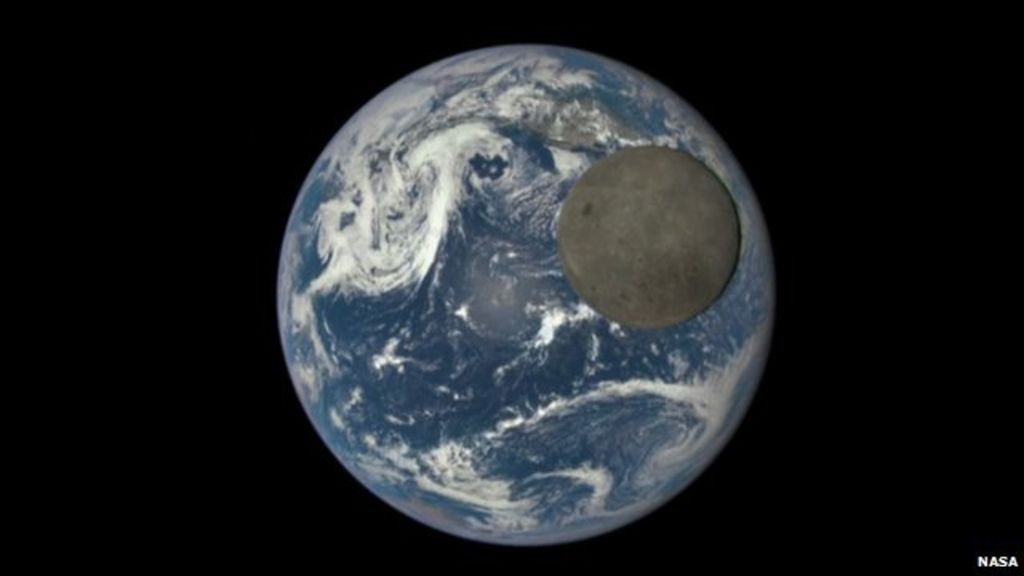
"Finding Earth-sized planets is like trying to detect a very tiny flea in that same headlight." He commented: "Trying to detect Jupiter-size planets crossing in front of their stars is like trying to measure the effect of a mosquito flying by a car's headlight. "If Kepler were to look down at a small town on Earth at night from space, it would be able to detect the dimming of a porch light as somebody passed in front," said James Fanson, Kepler project manager at Nasa's Jet Propulsion Laboratory in California. The orbiting observatory can register changes in brightness of only 20 parts per million. During these transits, the planets cause their star's light to slightly dim, or wink. Some star systems are oriented in such a way that their planets cross in front of their stars, as seen from Earth's point of view. Kepler will detect the periodic dimming of stars caused by transiting planets. This is thought to be due to the technological limitations of current telescope technology, rather than a lack of Earth-mass planets in our galaxy. The vast majority are gas giants like Jupiter or so-called ice giants like Neptune. Of the 300-plus extrasolar planets discovered to date, only a handful are thought to be rocky like the Earth, and none are Earth-mass. Planets located in a warm zone - known as the habitable zone - might host liquid water on their surfaces.Īnd where there is liquid water, scientists argue, there is at least the potential for life.
NASA BBC NEWS CODE
"I maintain that it really attacks some very basic human questions that have been part of our genetic code since that first man or woman looked up into the sky and asked the question: 'are we alone?'."Įquipped with the largest camera ever launched into space, it is the first mission designed to find rocky worlds orbiting Sun-like stars.

"This is a historical mission it's not just a science mission," said Dr Edward Weiler, Associate Administrator for the Science Mission Directorate at Nasa. Kepler will use the largest camera system ever launched into space


 0 kommentar(er)
0 kommentar(er)
